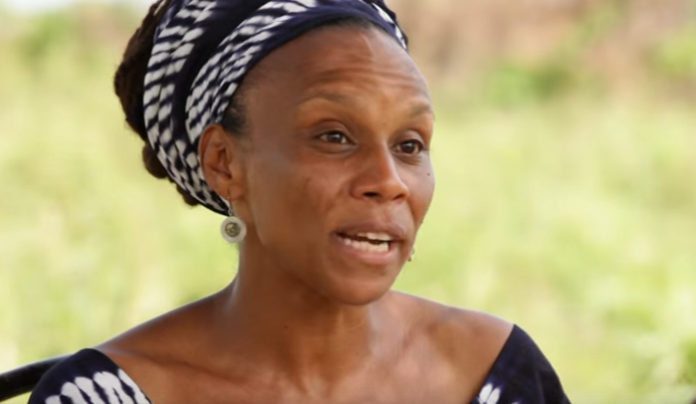Tropical logging is known to have significant environmental impacts. Not only do trees absorb carbon from our atmosphere, but they also store it. By cutting down the trees, there is an immediate release of a potential greenhouse gas, as well as the carbon that will not be absorbed by the tree in the future. It is believed that tropical deforestation on its own contributes to 10% of the total emissions released worldwide every year.
This is just one reason why finding solutions to deforestation like these are so important.
1. Support the creation of plantation forests.
When compared to deforestation efforts, a plantation forest provides a higher yield per acre of wood products than a natural forest is able to provide. Plantation forests also have the potential to be sustainable, assuming that they are planted on disturbed lands instead of clearing a natural forest to plant new trees.
2. Encourage sustainable wood subsidies.
By making it more expensive to purchase products which are obtained through deforestation efforts than through sustainable efforts, the practice of deforestation can be disrupted. Any disruption or reduction can have a positive impact against local soil erosion and global air pollution.
3. Create certification programs.
Programs like the Forest Stewardship Council can help to promote sustainable products. They can also help consumers identify which wood products are produced through sustainable growing efforts.
4. Prohibit logging from primary forests.
Creating laws to protect natural forests may not stop all logging efforts, but it could stop some who might normally think about logging. We can also look to change biomass laws which may encourage forest logging to meet energy production standards to ensure deforestation is not encouraged.
5. Demand certified wood.
If consumers demand products that only come from sustainable or certified resources, even on the lowest end of the product scale, then the temptation for logging in natural or virgin forests could be reduced.
6. Maximize current land production.
Instead of clearing new lands for farming, we can focus on maximizing yields on current croplands. This can help us improve food supplies, create more profits for farmers, and save our forests all at the same time.
The solutions to deforestation may not always be easy to implement. If we are going to strive for a healthier planet, however, our first step must be to save our forests. That’s why these ideas are so important.
Crystal Lombardo is a contributing editor for Vision Launch. Crystal is a seasoned writer and researcher with over 10 years of experience. She has been an editor of three popular blogs that each have had over 500,000 monthly readers.


















